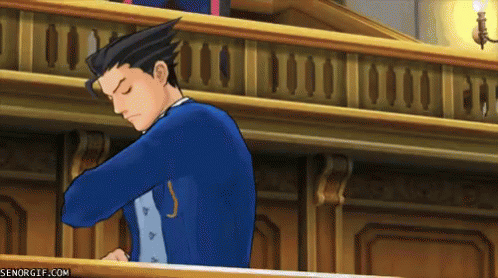 In re Commitment of Barnes, No. 05-19-00702-CV (Aug. 5, 2020) (mem. op.), involved a challenge to a voir dire limitation. The trial was to determine whether Barnes should be civilly committed as a sexual predator. His counsel sought to ask these voir dire questions, which the trial court found to be improper “commitment” questions:
In re Commitment of Barnes, No. 05-19-00702-CV (Aug. 5, 2020) (mem. op.), involved a challenge to a voir dire limitation. The trial was to determine whether Barnes should be civilly committed as a sexual predator. His counsel sought to ask these voir dire questions, which the trial court found to be improper “commitment” questions:
“If you hear evidence of a pedophilic disorder diagnosis, if you hear evidence of child victims, are you going to automatically assume that the person has a behavioral abnormality as defined by what you hear in this case?”
– and –
“If you are presented with evidence by an expert that the diagnosis of a person is pedophilic disorder, are you going to automatically assume that that person has a condition that by [a]ffecting the emotional or volitional capacity predisposes the person to commit a sexually violent offense to the extent that they become a menace to the
health and safety of another person?
The Fifth Court found that this ruling was erroneous, but also no harm because, inter alia, a similar question was allowed: “If you hear evidence of child victims,
is that going to make it to where you turn everything off and don’t listen to the rest
of the facts and you are done? Anyone?”
 To review the propriety of the question, the Court applied a 3-part test based on the Court of Criminal Appeals’ Standefer opinion:
To review the propriety of the question, the Court applied a 3-part test based on the Court of Criminal Appeals’ Standefer opinion:
- “[W]hether this is a commitment question, meaning one to which ‘one or more of the possible answers is that the prospective juror would resolve or refrain from resolving an issue in the case on the basis of one or more facts contained in the question.’” The Court held that it was, because “one answer is that the juror would automatically find a behavioral abnormality if the juror hears evidence of pedophilic disorder or child victims.”
- “[I]s this commitment question proper, meaning one of the possible answers gives rise to a valid challenge for cause.“ The Court held that it was, noting: “The law requires a ‘certain type of commitment from jurors’ in every trial, and that includes following the law.” From there, the Court held: “If a juror answered that she would stop listening to additional evidence regarding ‘behavioral abnormality’ after hearing a diagnosis of pedophilic disorder or hearing of prior child victims, that juror would be committing to not listening to all the evidence. It would not be a ‘fact-specific opinion,’ but rather evidence of a disqualifying and ‘improper subject-matter bias.'”
- “[D]oes the question contain ‘only those facts necessary to test whether a prospective juror is challengeable for cause.'” Here, where “[t]he subject matter of the case was child victims and a pedophilic disorder diagnosis,” the Court concluded: “The question added no more, especially in light of what the State had previously introduced to the venire, and thus contained only the facts necessary to test whether the juror is challengeable for cause.”



